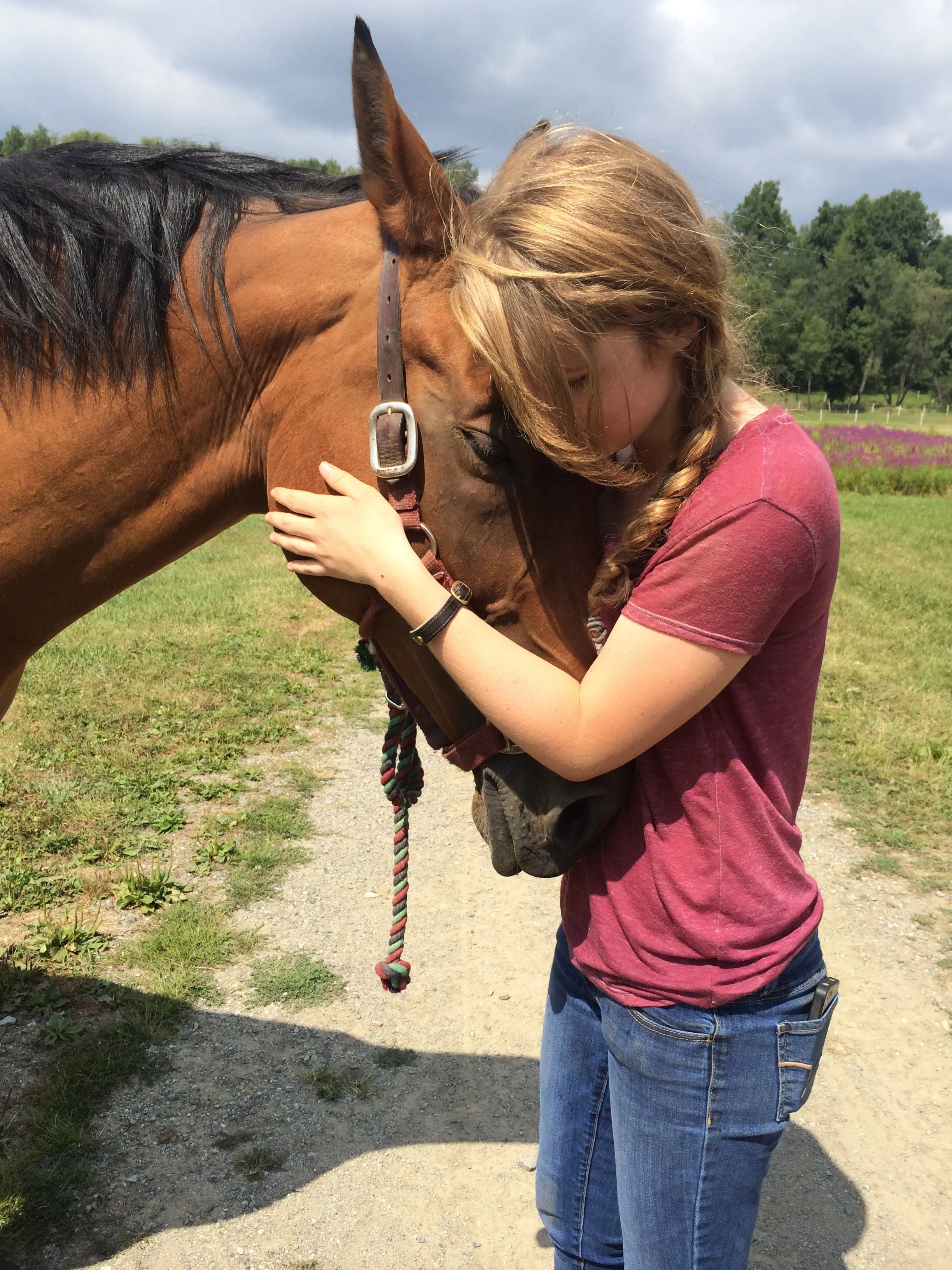We use the therapeutic power of horses to help those who have experienced the psychological, emotional, and relational effects of trauma.
The Amity Foundation for Healing with Horses is a 501c3 non-profit organization with the goal of creating a healing environment where participants can build confidence, find peace and create happy, healthy relationships alongside horses who can help show the way.
Come Join Us at the Farm for a Concert! June 6, 2024
The Josh DeMala Memorial Fund
This fund was set up in honor and memory of Josh DeMala. Josh entered into rest on Monday, November 16, 2020. He was only 40 years old.
To know Josh was to love him. He had an infectious smile and had an innate ability to make you laugh, just when you needed to the most. He had a huge heart and was always the life of the party. He was a die-hard NY Giants fan and loved to spend time with his friends and family and go hiking with his beloved dog, Loki.
Josh’s loss is felt by some many in the community and our hope is to honor his memory by helping as many people as we can heal from this awful disease. All donations to this fund will go to help those struggling with addiction and their families.
Thank you for your support!
R.I.P.
PENNY MILLER
The Amity Foundation for Healing with Horses lost a founding board member, a consummate horsewoman, an unparalleled hostess and a longtime friend on January 1st 2020.
Read full obituary —>
Please join us in contributing to the Penny Miller Fund for Women by writing a check to the Foundation or clicking below. If you donate here on our website, please be sure to send us an email telling us to place your gift in the Penny Miller Fund for Women.
Or mail a check to:
The Amity Foundation
PMF Fund for Women
44 Amity Road Warwick, NY 10990
About
Find out about our organization, mission, our methods, and the results of our programs.
Take Action
Ready to take the next step? You can become a contributor to our cause, or participate yourself.






